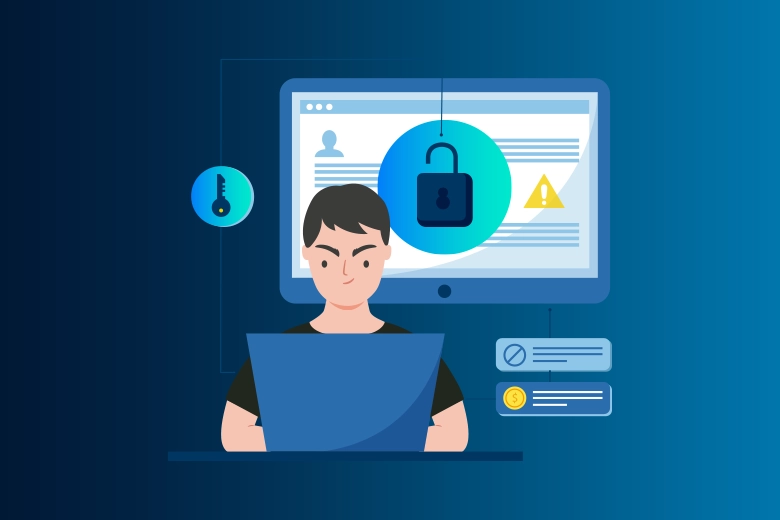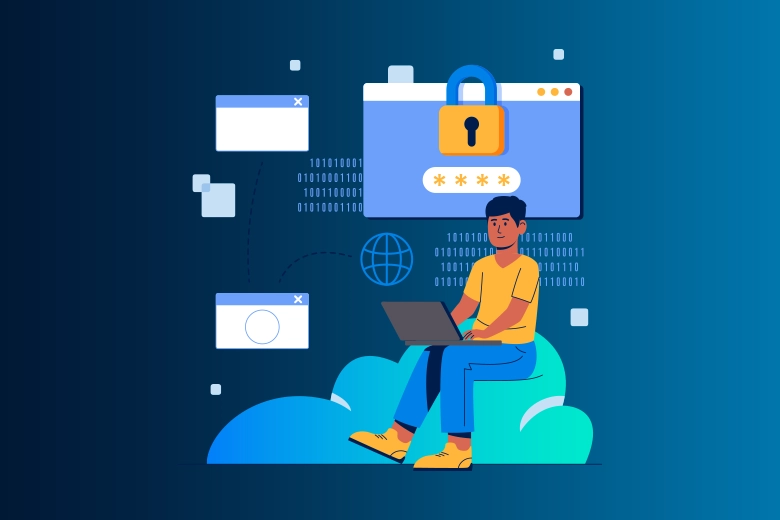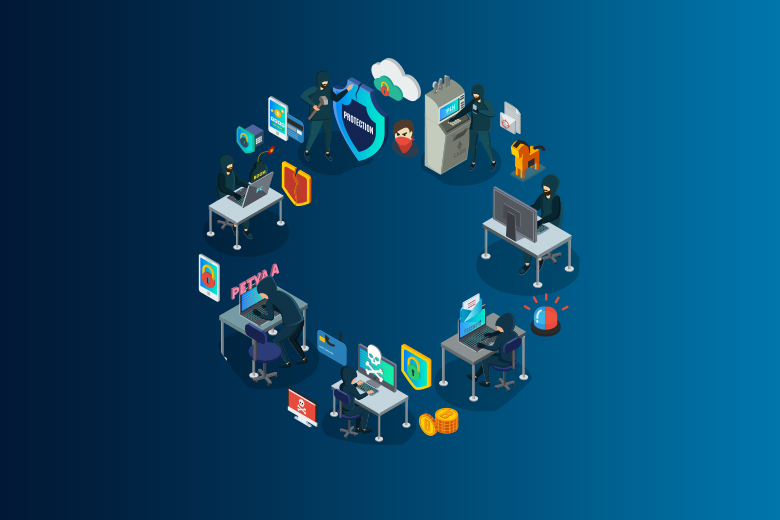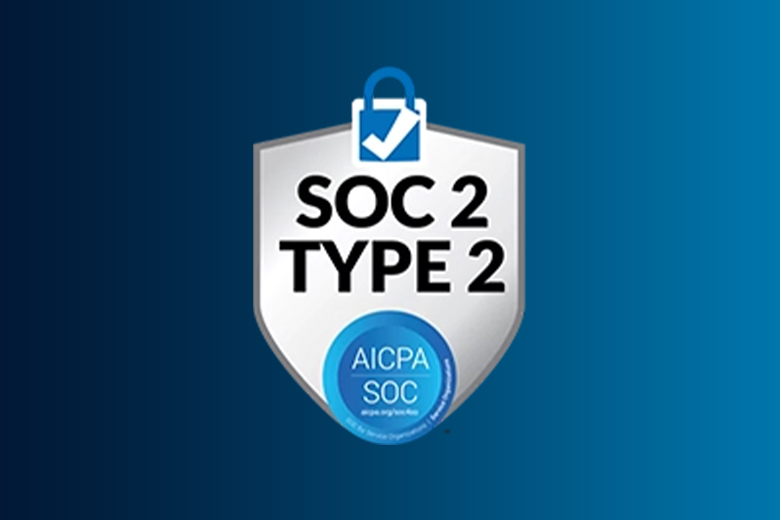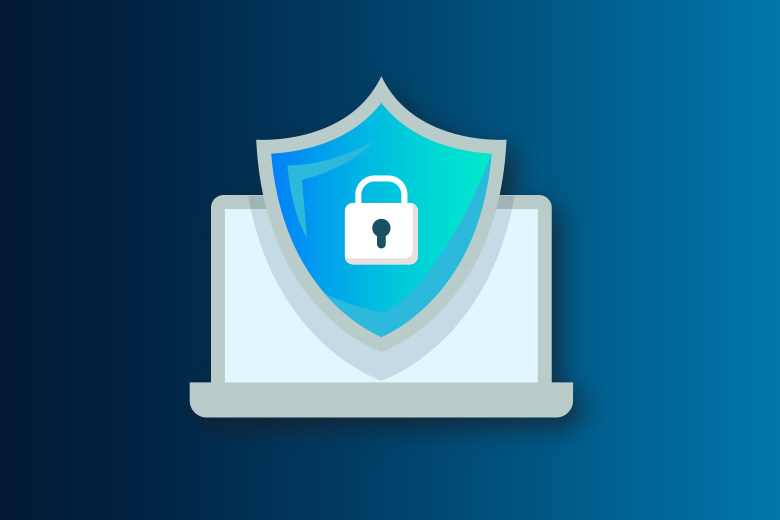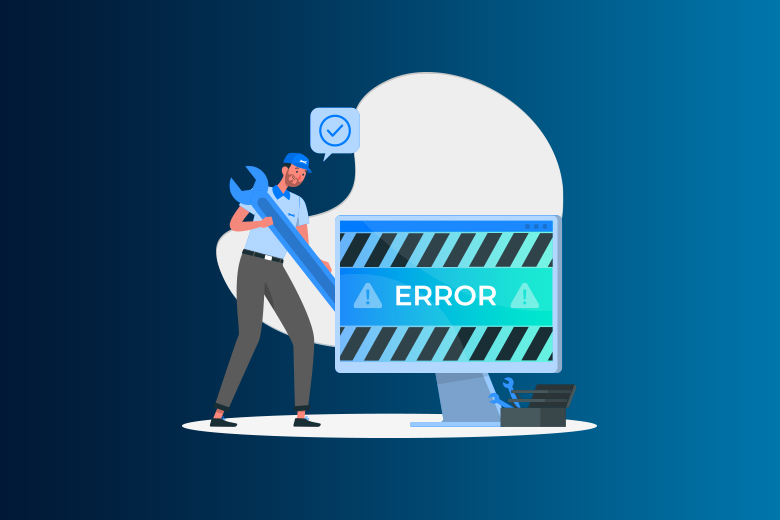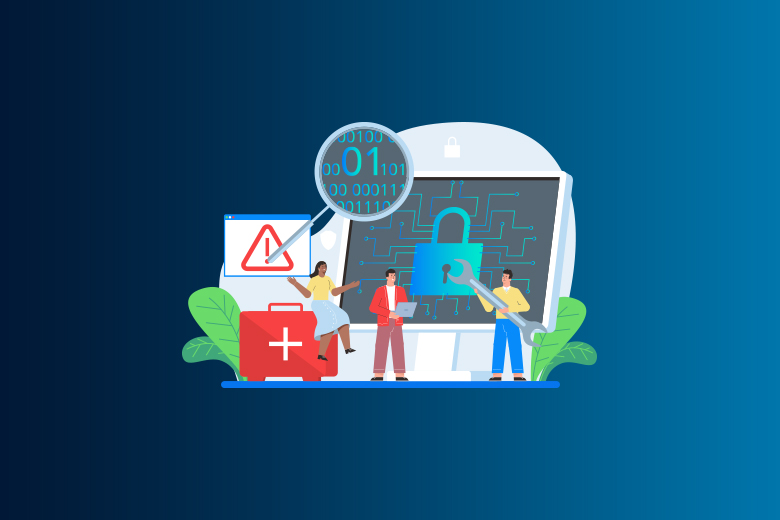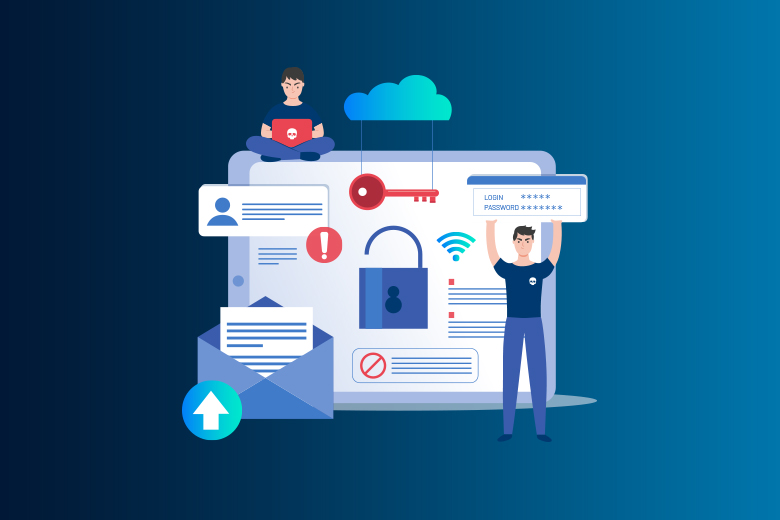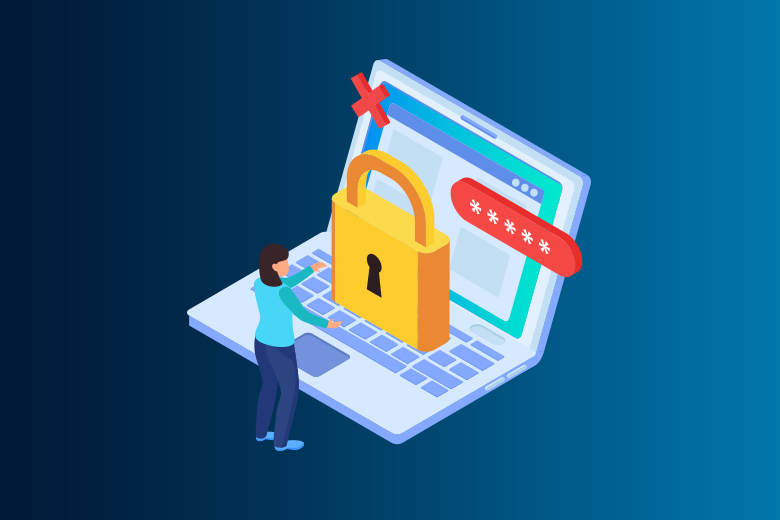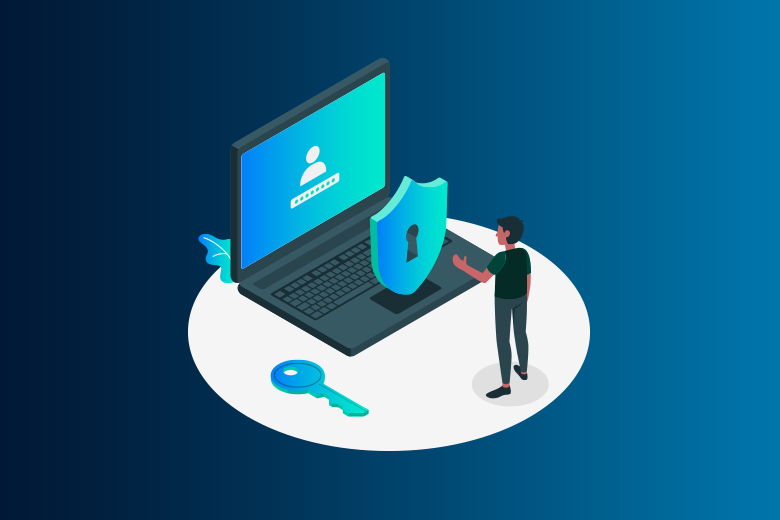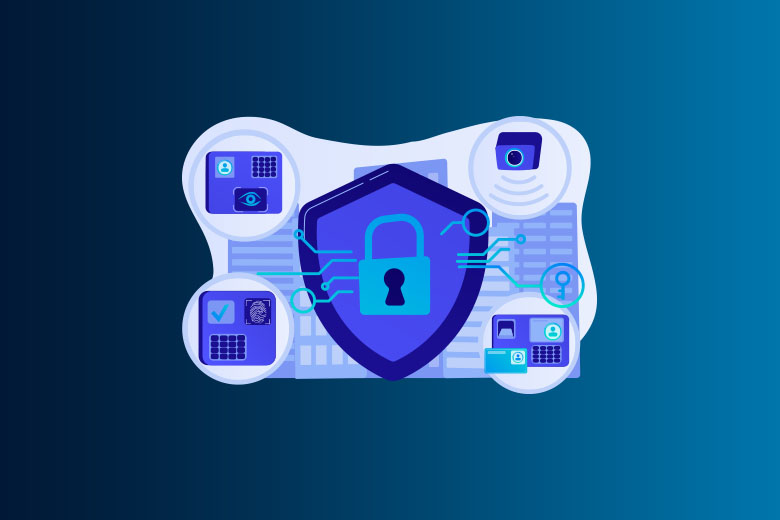02 February 2024
SafeAeon Inc.Vishing attacks are a matter of concern happening in this digital age. Your caller ID shows a familiar bank number when the phone rings, and a friendly voice tells you that there are important account problems right away. Before you act, keep this in mind: you could be the victim of a vishing attack, a sneaky scam in which thieves pretend to be real businesses to get your money and personal information.
More and more people are being phished. In 2023, over 40 billion robocalls were made in the US alone. Even the most careful people can fall for these complex scams, which cost more than $30 billion in losses in the same year.
You are not helpless! You can stay safe and keep your personal information safe by learning the tricks vishing scammers use and taking simple precautions. This post will teach you about and give the tools needed to deal with the ever-evolving world of phone scams. We'll show the newest vishing tricks, show you what to look out for, and give you tips you can use to stay safe from even the most convincing con artists. Remember that being aware is the best protection you have. Come with us on this important trip toward a safer online experience that is free of the worries of vishing!
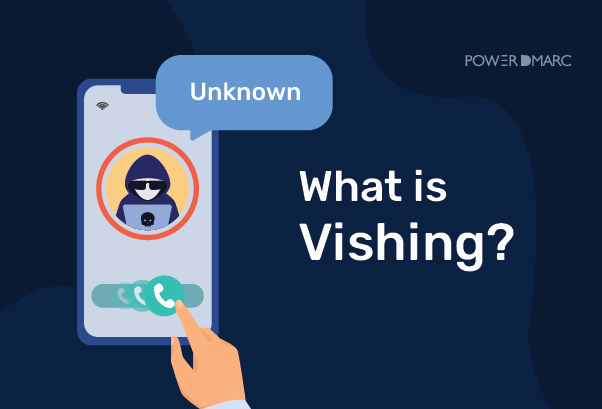
How to Spot Phishing and Vishing in Cyber Crime?
There are many kinds of attacks in the world of cyber fraud. Two common types that often confuse people are phishing and vishing. It's important to know the difference between phishing and vishing before you can learn how to spot and avoid vishing threats.
What Is Phishing?
Phishing is a general term for attacks that use technology to steal information. Cybercriminals use this stolen information to do bad things, like getting into bank accounts and taking money out of them. They can even use the victim's name to open new credit lines. Phishing can also be a part of a bigger plan. For example, information about a junior manager could be used to attack top management seems more real.
Understanding Vishing:
Figuring out Vishing is a word made up of the words "voice" and "phishing," which refers to the unique way it works: scams over the phone. People who are targeted in these attacks use fear and pressure to get people to reveal private information.
Vishing is a type of phishing, just like other types. In the last ten years, it has been one of the most common kinds of cyberattacks involving the theft of personal information. For example, the U.S. Internet Crime Complaint Center got over 240,000 claims of phishing, vishing, smishing, and other types of cybercrime in 2020.
Understanding How a Vishing Attack Works?
Usually, a vishing hack goes through these three steps:
Getting Phone Numbers: Attackers often get phone numbers by using phishing methods or getting into private data at places like stores and restaurants. They might use software to call several numbers in the same area code to make sure the numbers are still working. Caller IDs are often faked to look like they are from a local number or a reliable business, like a bank. This adds another layer of fraud.
Building Trust: Attackers pretend to be credit card companies or energy companies to make it look like people can trust them. They often use urgent situations like "Your credit card has been stolen; please prove who you are right away to stop any further charges." The sense of urgency is meant to cause fear and get potential victims to respond without checking the facts.
Extracting Personal Information for Profit: If the attacker is successful, they use the personal information they've gathered to make money by doing things like asking for new credit cards or making purchases they shouldn't have or making unauthorized purchases. If they got enough information, they might be able to steal names or empty bank accounts. To stop financial theft, it's important to be aware of these threats.
How to Spot Vishing Attacks?
To spot a vishing attack, you need to know how the attacker is trying to trick you and what their goals are. Being more careful means being aware of possible weak spots, like recent technology problems at a company or strange emails. Vishing is a type of hacking that tries to get secret information from people or businesses. Finding a vishing attempt that is still going on is very important for defense.
Signs of a Vishing Attack
Requests for Personal Information: Be wary of calls who want private information like your bank account or social security number. Attackers could use information they already have about you to get you to share more.
Psychological manipulation: Scare, haste, or greed-based tricks are common, like threatening to arrest someone or causing account problems right away. As a first line of defense, stay cool and hang up the phone.
False claims of account or technical support: Watch out for messages you didn't ask for that say your device has been hacked and tell you to call a fake help number.
To protect yourself from these sneaky attacks, you should be aware of these signs and know how vishing works.
How To Avoid Vishing Attacks In Organizations?
Businesses can make their defenses against vishing attempts much stronger. To do this, they can take a number of preventative steps:
Training for employees on how to spot phishing:
- Hold regular training classes for your employees that focus on spotting vishing attempts. Stress how important it is to keep private data safe.
- Tell them what kinds of information are targeted by vishing attempts. Talk about the possible effects of a leak.
Two-Factor Authentication (2FA) Implementation:
- Make sure that 2FA is used to access your account. People who want to use this method need to provide two forms of identification, like a password and a phone code.
- This method makes it harder for people to steal your passwords.
Increasing the safety of the phone system:
- Add safety features to the phone, like number ID and call blocking. To stop number spoofing, include caller identification.
- Attackers shouldn't be able to pretend to be legitimate organizations.
Multiple layers of protection for private information:
- Set up strong security measures with multiple layers. Pay attention to private information and include encryption and safe keeping options.
- Set up strict controls on who can see these details.
Keeping an eye on telephone networks for problems:
- Regularly listen in on phone conversations. Look for patterns or tries to get in that don't make sense.
- This lets possible vishing attempts be found early.
Teaching Users About Call Verification:
- Tell users to make sure callers are real before giving out private information.
- Attackers often pretend to be legitimate groups.
Voice Biometrics Integration:
- Use voice biometrics to make sure that people are who they say they are. This lowers the chance of someone impersonating you.
- Unauthorized entry is also stopped.
Securing VoIP Infrastructure:
- Make sure that the VoIP network and all of its parts are set up properly. Protect them from threats and attacks that aren't supposed to happen.
- For safety, use things like fences and encryption.
Setting up trusted call-back procedures:
- Create a call-back method for checking the identity of callers. People who call must give their phone number and an identification code.
- As part of the proof process, the code is sent to their phone.
Making sure that strong passwords and authentication are used:
- Set strong rules for passwords.
- Add strong authentication means to these.
- Two-factor and multi-factor authentication should be used to make sure that only approved users can get in.
Businesses can make their defenses stronger against vishing attacks by using all of these tactics together. This method keeps their information safe and their communication tools working properly.
Conclusion
In conclusion, safeguarding yourself from vishing attacks is crucial in the digital era. Key defenses include being alert, questioning calls you didn't ask for, and never giving out personal information over the phone. Remember that real companies will never force you to give them private information without a reason. Teach yourself and others about these tricks, and always make sure the caller is who they say they are by using a different method. By following these top tips when you're online every day, you can greatly lower your chances of falling for a vishing scam. To stay safe online, learn about what's going on, be careful, and keep your personal information safe. Remember that the best ways to protect yourself from vishing scams are to be aware of them and be careful. For better assistance you can get in touch with SafeAeon to seek robust results.

